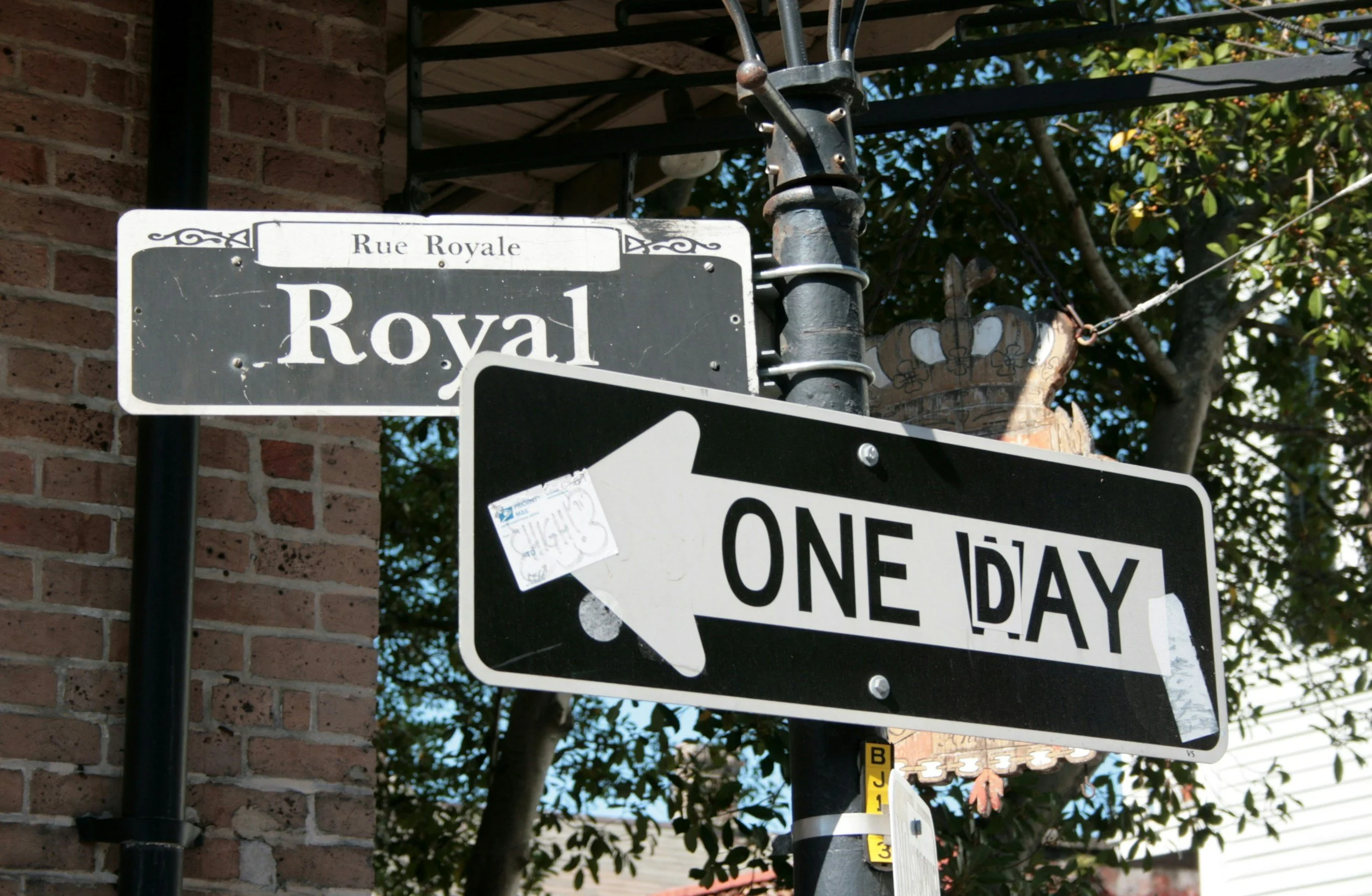“I’ll Just Control It Today and Stop Tomorrow”: The Lie Addiction Loves
If you’ve ever struggled with alcohol or substance use—or loved someone who has—you’ve likely heard this phrase:
“I’ll just control it today. I’ll stop tomorrow.”
It sounds rational. It sounds hopeful. But as an addiction specialist, I can tell you: this thought is not a plan. It’s a trap.
This mindset is one of the most insidious cognitive distortions in addiction. It masquerades as self-control, but it’s actually the voice of denial, bargaining, and fear. Let’s unpack why this thinking is so dangerous—and how to break free from it.
The Psychology Behind the Thought
Addiction hijacks the brain’s reward system, but it also rewires how a person thinks. Over time, the mind becomes skilled at rationalizing continued use. “I’ll control it today” is a form of mental gymnastics—a way to avoid the discomfort of quitting while still pretending change is coming.
What’s really happening:
Avoidance of commitment: “Tomorrow” is always safer than “today.”
Illusion of control: The person believes they can moderate use, despite repeated evidence to the contrary.
Fear of withdrawal or emotional pain: The idea of stopping feels overwhelming, so the mind delays it.
Bargaining: “If I just cut back a little, maybe I’m not really addicted.”
This isn’t weakness—it’s the disease talking.
The Setup: Why This Thought Keeps You Stuck
Here’s how the cycle plays out:
Morning resolve: “I’ll just have one drink today. I’ll stop tomorrow.”
Afternoon temptation: Stress hits. Cravings rise. The “one” becomes three.
Evening regret: Shame sets in. “Tomorrow” becomes the new promise.
Repeat: The cycle continues, often for months or years.
This pattern is not just frustrating—it’s dangerous. It delays real recovery and deepens the emotional and physical toll.
The Real Problem: Lack of Surrender
The core issue isn’t just the substance—it’s the refusal to surrender. Addiction thrives on the illusion of control. The person believes they can manage it, tweak it, outsmart it. But addiction is not a bad habit—it’s a chronic, progressive condition. You don’t “control” it. You treat it.
Breaking the Cycle: What Real Recovery Looks Like
1. Radical Honesty
The first step is admitting: “I can’t control this.” That’s not defeat—it’s the beginning of freedom.
Try: “I’ve tried to moderate. It hasn’t worked. I need help.”
2. Immediate Action
Recovery starts today, not tomorrow. Waiting only strengthens the addiction’s grip.
Try: Call a therapist, attend a meeting, tell someone you trust.
3. Structured Support
Whether it’s rehab, outpatient care, or a 12-step program, structured support provides accountability and tools for change.
4. Spiritual Surrender
For many, healing comes through spiritual connection—whether through faith, mindfulness, or simply a sense of purpose beyond the addiction.
Try: Meditation, prayer, journaling, or exploring what gives your life meaning.
Final Thoughts: The Truth Addiction Doesn’t Want You to Hear
“I’ll control it today and stop tomorrow” is not a strategy—it’s a symptom. It’s the addiction speaking, not your true self. The real you—the one who wants peace, clarity, and freedom—is still in there. But that voice needs help to rise above the noise.
Recovery begins when we stop negotiating with addiction and start reclaiming our lives. Not tomorrow. Today.

